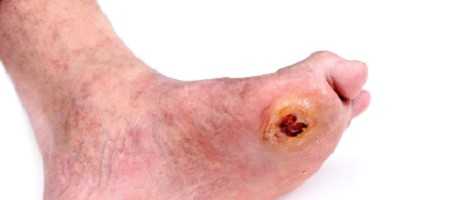Children and teenagers who are physically fit and strong may have a lower risk of developing type 2 diabetes, heart disease or stroke in later life, a new study has found.
The research, published in the journal Pediatrics, is believed to be the first to show an association between muscle strength capacity in adolescent age and reduced risk for serious metabolic diseases in adolescents.
In the past, low muscular strength in teenage boys has been linked to several major causes of death in young adulthood, including cardiovascular diseases and suicide.
To investigate further, researchers from the University of Michigan Medical School in the U.S. examined the impact of muscle strength in more than 1,400 sixth graders between the ages of 10 and 12 years old from 17 Michigan schools.
Data on body fat percentage, blood glucose, blood pressure and cholesterol levels, and triglycerides was collected and assessed, and each participant was tested for strength capacity using a standardised handgrip strength assessment.
In addition, the researchers measured the ability of each participant’s body to transport oxygen to muscles during extended exercise and how well their muscles were able to absorb and use it (cardiorespiratory fitness).
The results showed that stronger adolescents – those with greater strength-to-body-mass ratios – had lower BMI, lower body fat percentage, smaller waist circumferences and higher fitness levels, making them “significantly” less likely to develop type 2 diabetes and heart disease.
“It’s a widely held belief that BMI, sedentary behaviours and low cardiovascular fitness levels are linked to diabetes, heart disease and stroke, but our findings suggest muscle strength possibly may play an equally important role in cardiometabolic health in children,” lead investigator Professor Mark D. Peterson said.
“The stronger you are relative to your body mass, the healthier you are,” Peterson explained, adding that traditional weight loss interventions among children and teens should be complemented by “exercise, sports and even recreational activity that supports early muscular strength acquisition” to reduce the chances of serious diseases developing in adolescence.
What's new on the forum? ⭐️
Get our free newsletters
Stay up to date with the latest news, research and breakthroughs.







